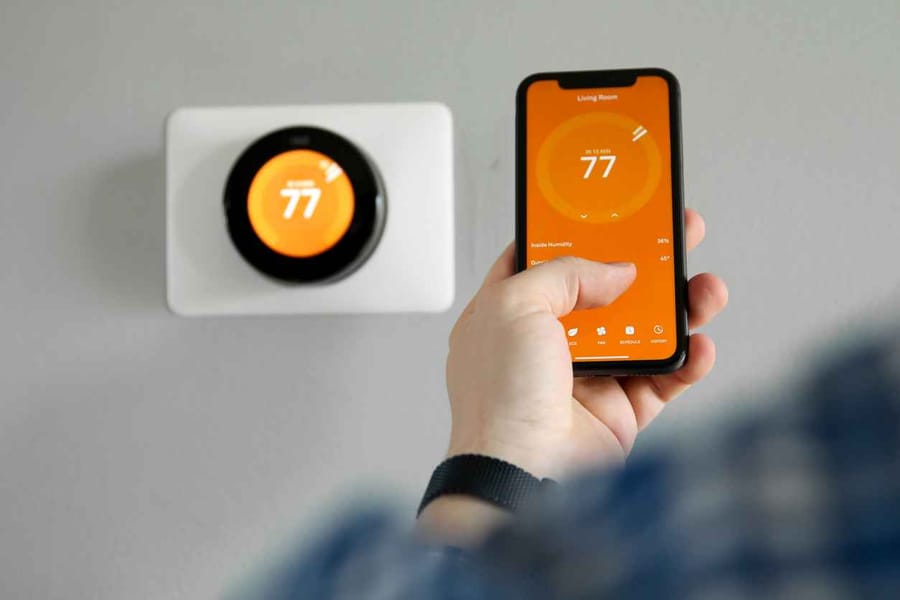Need Service Today? Contact Us Now!
What Is an AC Condenser?
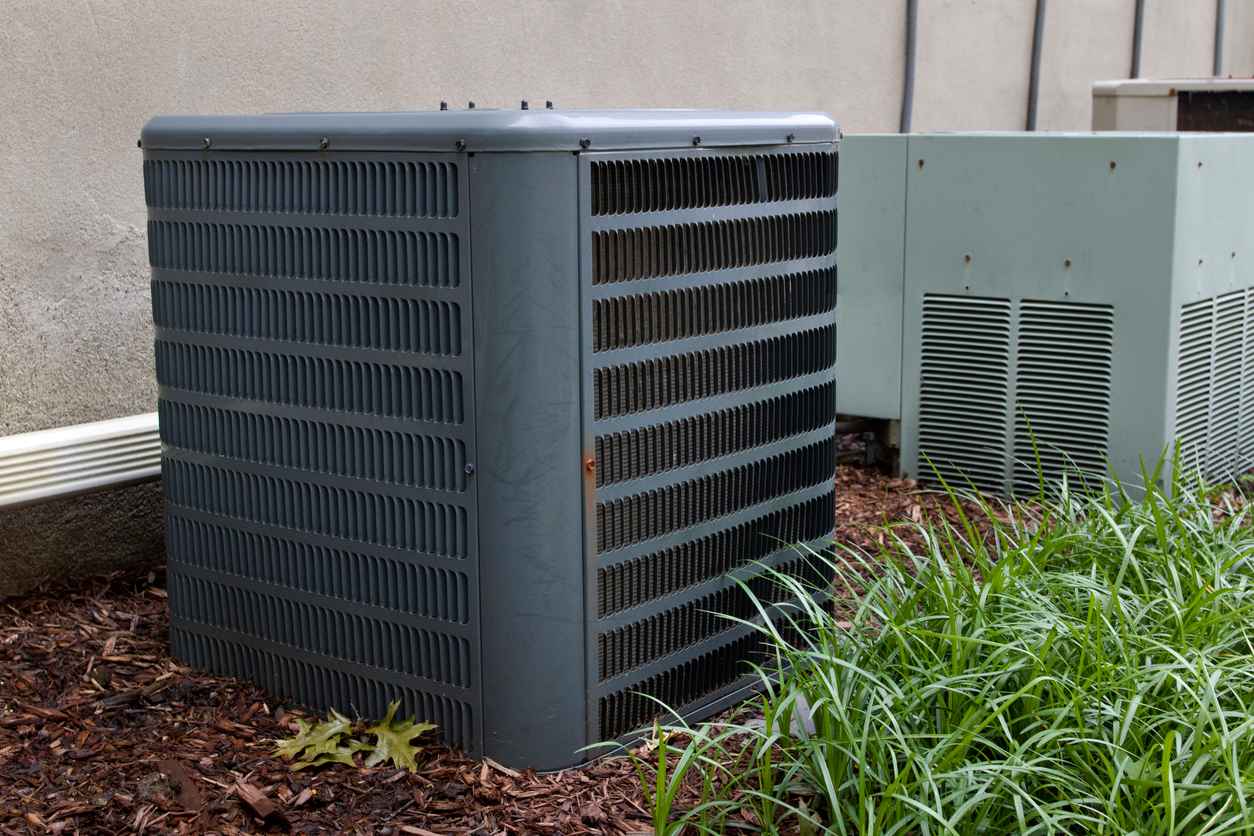
When your air conditioner is running smoothly, you probably don’t think much about what’s going on behind the scenes. But one essential part—your AC condenser—plays a huge role in keeping your home cool and comfortable. If this part fails or malfunctions, you’re likely to feel the heat quickly. That’s why understanding what the AC condenser does can help you spot problems early and make informed maintenance decisions.
Whether you’re troubleshooting or just curious about your system, knowing how this key component works is a smart move. In this blog, we’ll explain what the AC condenser is, what signs point to trouble, and how to keep it working its best.
What Is an AC Condenser and Why it Matters
The AC condenser is a critical component of your air conditioning system, located in the outdoor unit. Its primary job is to release the heat that your indoor system has pulled from the air inside your home. Once the refrigerant absorbs indoor heat, it travels to the condenser, where it’s cooled and returned indoors to repeat the process.
The condenser works in tandem with the compressor, condenser coils, and a fan to efficiently expel heat into the outdoor air. Without it, your AC system wouldn’t be able to cool your home. A malfunctioning condenser can result in warm air, system inefficiency, or even complete system shutdown, making it vital to understand how it functions and when it might be struggling.
Key Signs of a Faulty Condenser
When your AC condenser starts to fail, your system will usually give off some warning signs. Catching these early can save you from costly repairs or a total breakdown.
Warm Air from Vents
If your AC is blowing warm instead of cool air, a struggling condenser could be to blame. It may not be releasing heat effectively, disrupting the entire cooling cycle.
Unusual Noises from the Outdoor Unit
Grinding, buzzing, or banging noises often signal a mechanical issue within the condenser, such as a damaged fan or loose component.
Visible Leaks or Pooled Liquid
Refrigerant or water pooling around your condenser unit may indicate a refrigerant leak or a clogged drain line nearby—both of which can affect performance.
Frequent System Cycling
An AC that turns on and off constantly may be overheating due to condenser issues. This strain can reduce the lifespan of your entire HVAC system.
Increased Energy Bills
A malfunctioning condenser causes your AC to work harder, which often results in higher-than-usual energy costs even if your home doesn’t feel cooler.
Why Condensers Break Down
Like any mechanical part, AC condensers are subject to wear and tear over time. However, certain factors can accelerate their decline or cause sudden problems that affect your system’s performance.
Dirt and Debris Buildup
Outdoor units are exposed to the elements, and over time leaves, dirt, and grass can clog the condenser coils. This prevents efficient heat exchange and makes the unit overheat or short cycle.
Electrical Issues
Faulty wiring, capacitor failures, or blown fuses can cause the condenser to stop working or run erratically. These problems often result in system shutdowns or unreliable cooling.
Refrigerant Issues
Low refrigerant levels or leaks can lead to system inefficiency and put extra strain on the condenser. If the refrigerant isn’t properly cycling, the condenser can’t do its job.
Wear and Tear from Age
As the system ages, components like the fan motor or coils can break down due to simple wear. An older unit is more likely to experience performance issues that trace back to the condenser.
Fixing and Maintaining an AC Condenser
Whether your AC condenser has minor buildup or is nearing the end of its life, the right maintenance and repair strategies can restore your comfort and extend the system’s lifespan.
How Homeowners Can Help
While some tasks are best left to professionals, there are a few simple things homeowners can do to support a healthy condenser:
- Keep the Area Clear: Trim back bushes, grass, and weeds to allow airflow around the unit.
- Clean Debris Off the Coils: Turn off the power and gently rinse the exterior fins with a hose to remove dirt and dust.
- Listen for Odd Noises: Catching grinding or humming sounds early can help prevent bigger issues.
When to Call a Professional
If you notice persistent cooling issues, leaks, or loud noises, it’s time to contact an HVAC technician. Professionals can:
- Check refrigerant levels and fix leaks.
- Test and replace faulty capacitors or electrical connections.
- Deep clean condenser coils and check fan motor performance.
- Diagnose larger system issues tied to the condenser or compressor.
Protecting Your Condenser for the Future
Caring for your AC condenser isn’t just about solving problems—it’s about preventing them in the first place. With a few ongoing maintenance habits, you can keep your system running smoothly year after year.
- Schedule Annual HVAC Tune-Ups: A professional cleaning and inspection can catch problems before they turn into breakdowns.
- Change Your Air Filter Regularly: A clean filter keeps the whole system balanced and reduces strain on components like the condenser.
- Keep Outdoor Units Unobstructed: Make sure there’s at least two feet of clearance around the condenser for proper airflow.
- Use a Surge Protector: Electrical surges can fry condenser components. Protecting the system helps prevent unexpected electrical damage.
- Watch for Performance Changes: If your system seems to struggle, take note. Small issues can become major repairs if ignored.
Keep Your AC Running Smoothly
Understanding how the AC condenser works—and how to take care of it—can make a big difference in your home’s comfort and your system’s longevity. Whether you’re dealing with noisy operation, weak cooling, or just want to stay ahead of issues, regular maintenance and prompt attention are key.
If you’re concerned about your system or think your condenser may need attention, contact Mission Viejo Heating & Air. Our experienced team is here to keep your system efficient, your home cool, and your comfort a top priority.
Recent News
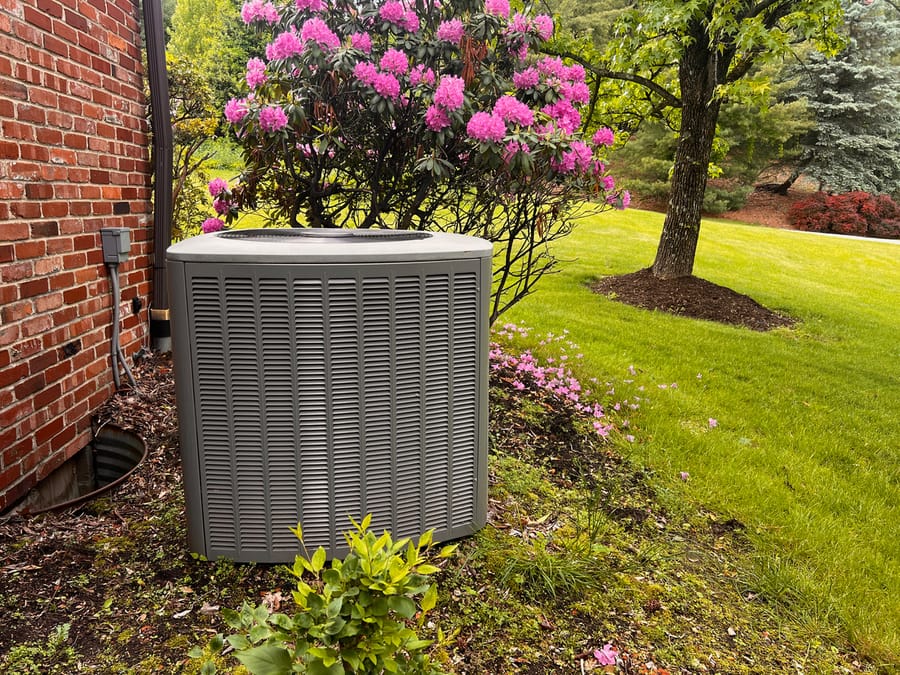
How to Prep Your AC for Orange County’s Early Spring Warm Spells
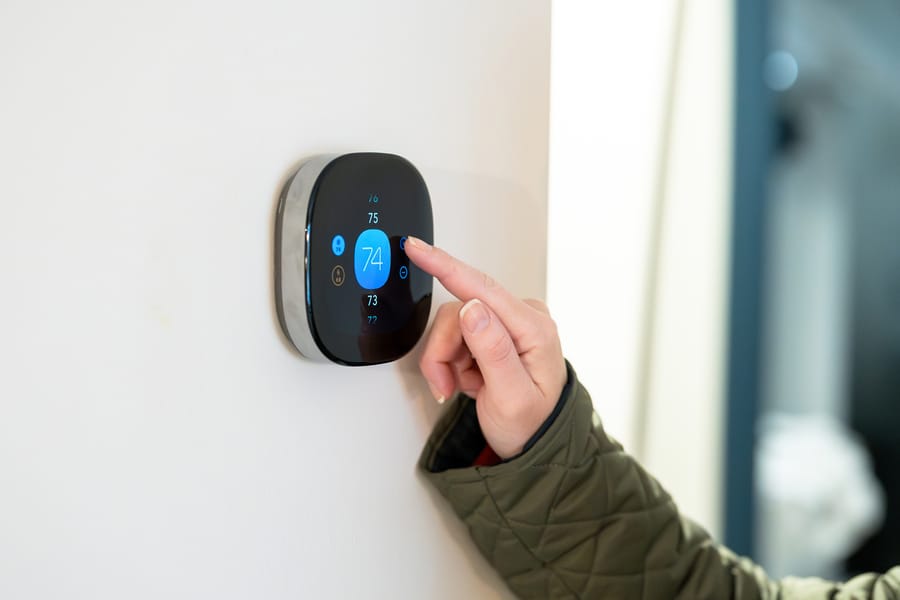
How Southern California’s Rapid Weather Swings Stress Your HVAC System

Energy-Saving HVAC Upgrades that Lower Your Utility Bills in Southern California
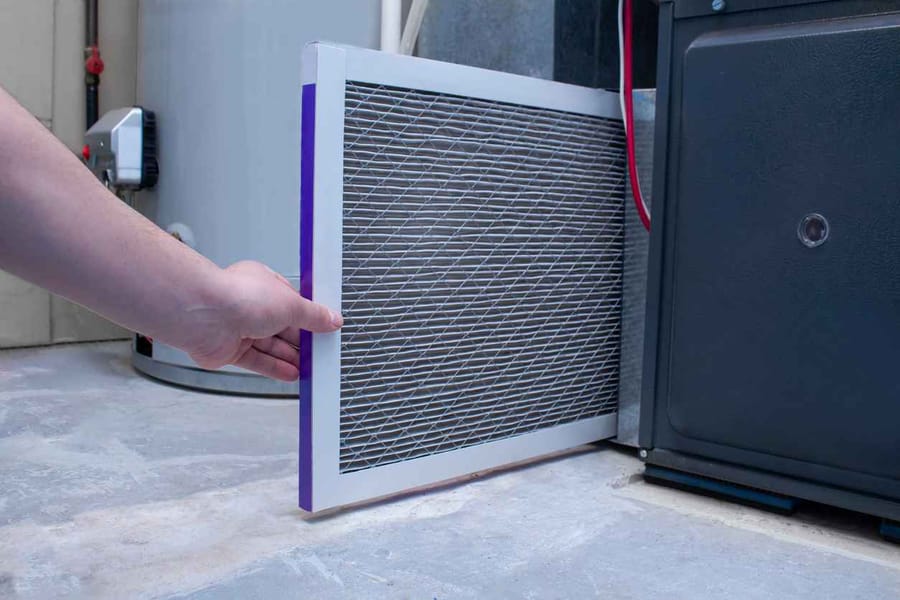
The Importance of Seasonal HVAC Maintenance in Southern California
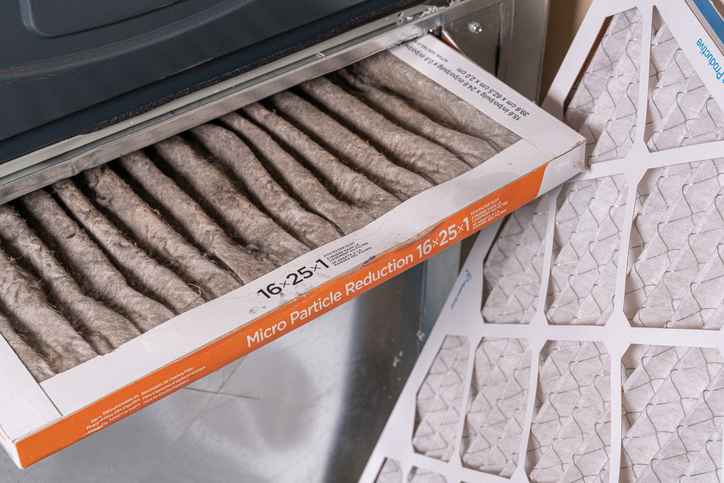
Signs it’s Time to Replace Your Furnace or Heating System
